Unveiling the Promise of Gene-Based Therapies for Cystic Fibrosis: Key Highlights from EE’s 2023 Scientific Symposium
by Chandra Ghose, PhD, EE’s Chief Scientific Officer
In December 2023, Emily’s Entourage (EE) hosted a scientific symposium, The Promise of Gene-Based Therapies for Cystic Fibrosis (CF), at Quorum at the University City Science Center in Philadelphia, PA. The symposium brought together leading minds (over 34 speakers and 86 attendees from 13 countries) from within — and outside — the CF scientific community, industry, and the FDA to share openly, address challenges, and collaboratively devise solutions and strategic, accelerated pathways forward.
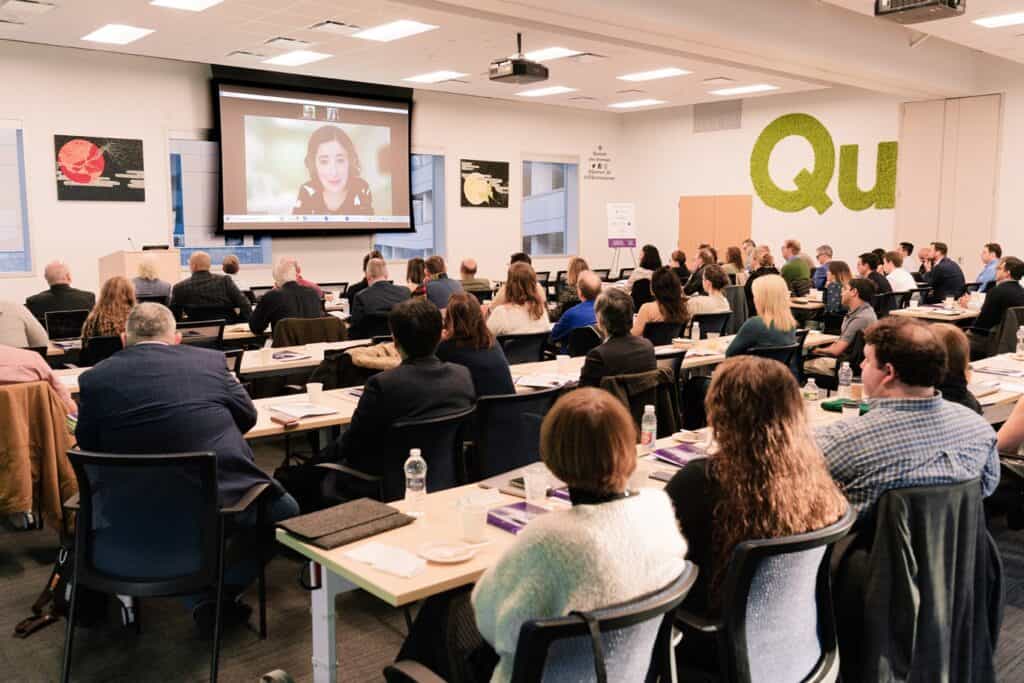
Gene-based or genetic therapies are medicines developed to address the underlying genetic defect in CF and make functional copies of the cystic fibrosis transmembrane conductance regulator (CFTR) protein1. There are a variety of gene-based therapies, including messenger (mRNA) therapy, gene therapy, and gene editing. While each approach varies, what they share is that they could potentially benefit everyone with CF, including the final 10% of people with CF who do not benefit from currently available CFTR modulator therapies. Some gene-based therapies could also lead to curative therapies. We believe that gene-based therapies hold incredible promise for the future of CF treatment.
The symposium was broken up into seven sessions over a day and a half and featured a carefully curated line-up of presentations and panels aimed at addressing the challenges that face the development of gene-based therapies for CF. Sessions included leaders and pioneers in drug research and development, including this year’s Nobel Laureate, Drew Weissman, MD, PhD, University of Pennsylvania, who detailed his work on developing lipid nanoparticles that can deliver mRNA to the lungs.
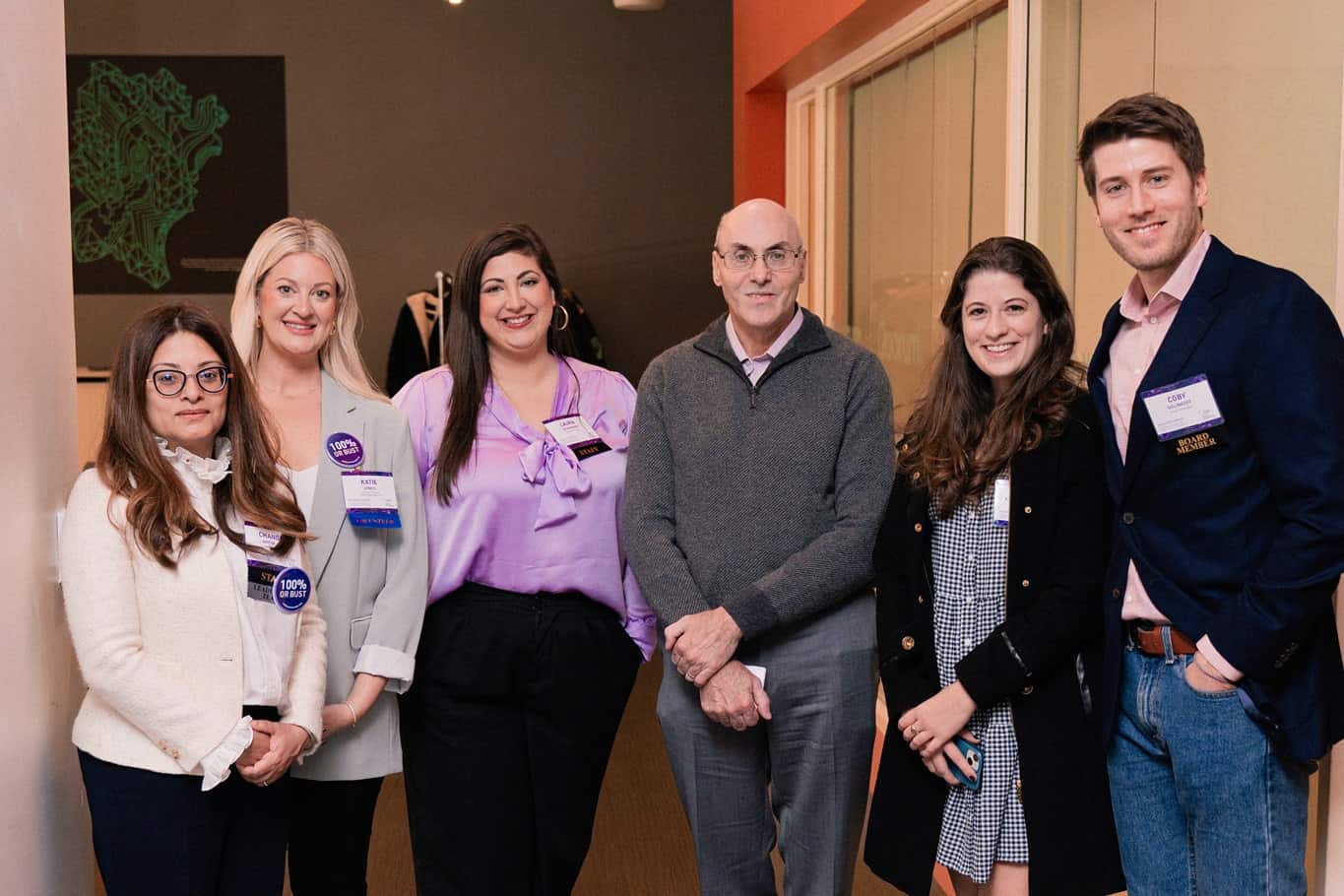
EE Team with Nobel Laureate, Drew Weissman, MD, PhD, University of Pennsylvania
The following highlights capture the key takeaways from the symposium.
Session 1: The Power of Past Successes and Future Promises
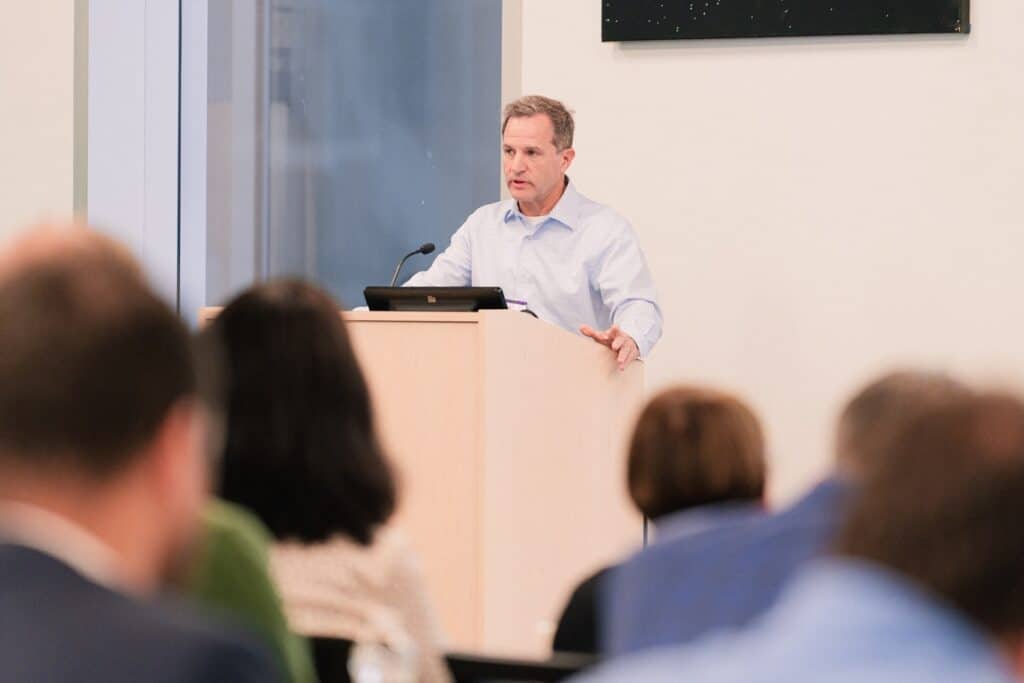
Paul Negulescu, PhD, Vertex Pharmaceuticals
Our exploration began with a deep dive into the development of CFTR modulators, a class of drugs that correct the defective CFTR protein. Several CFTR modulators have been approved by the U.S. Food and Drug Administration (FDA) for people with specific CF mutations. CFTR modulators represent a transformative change in the CF treatment landscape; however, they have not yet been developed to reach the final 10% of people with CF with ineligible genetic mutations.
Paul Negulescu, PhD, Vertex Pharmaceuticals, started the session with the examination of the advancements in CFTR modulator development from bench to bedside.
As the session unfolded, it became evident that gene-based therapy for CF is not just a buzzword or a pipe dream but a reality, thanks to Vertex Pharmaceuticals, 4D Molecular Therapeutics, and many others who are bringing these innovative therapies to people with CF through ongoing clinical trials, as explained by Jennifer Taylor-Cousar, MD, MCMS, ATSF, National Jewish Health. Whether you are a seasoned scientist or a curious novice, understanding the history of the development of CFTR modulators is essential in navigating the complexities of guiding gene-based therapies through clinical development and ultimately approval in people with CF.
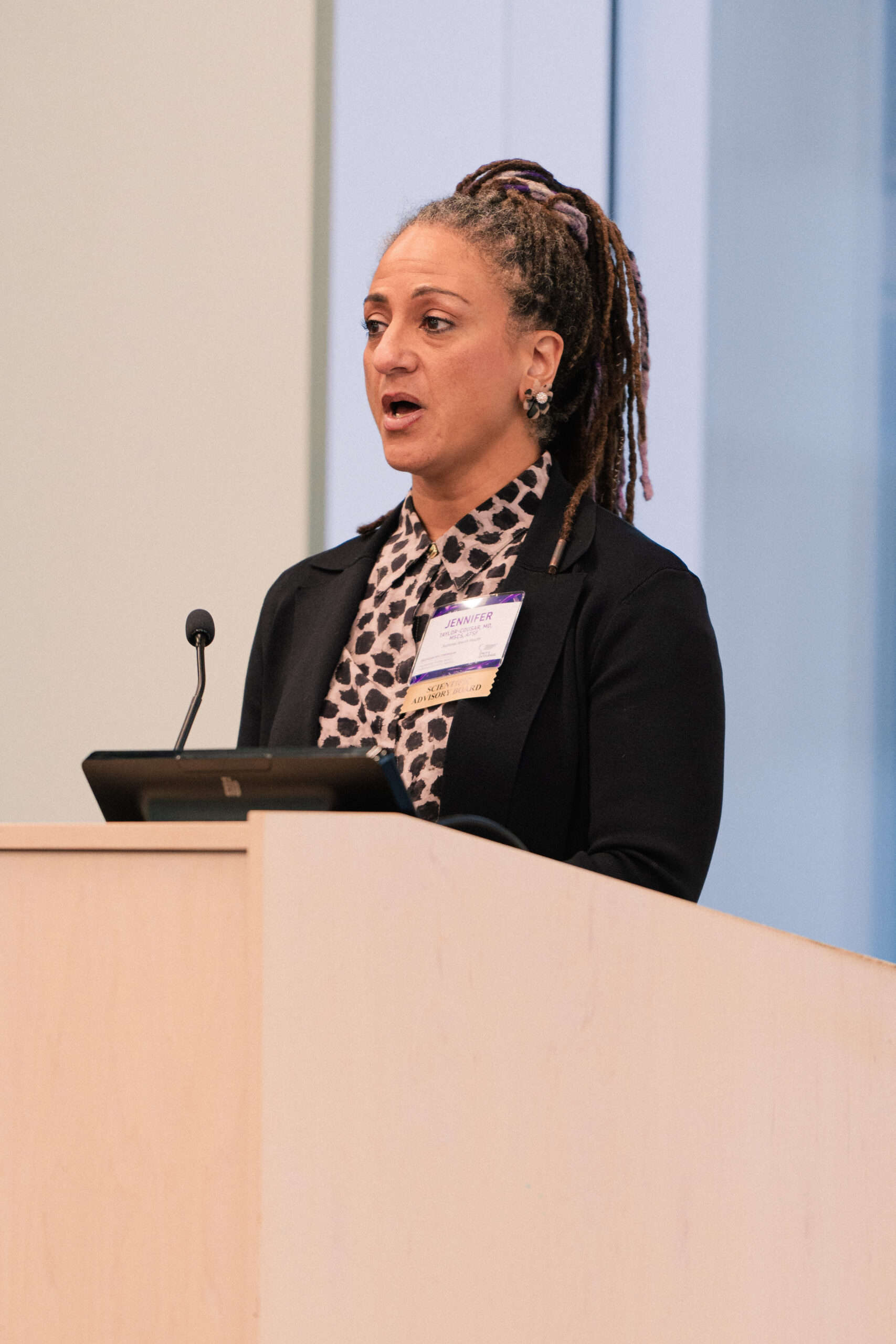
Jennifer Taylor-Cousar, MD, MCMS, ATSF, National Jewish Health
In discussing the progression of gene-based therapies, the promise was clear, but the challenges were too. Kara Foshay, PhD, Cystic Fibrosis Foundation, explained that achieving the ultimate objective of a permanent, systemic therapy capable of repairing the CFTR gene for all people with CF will require incremental steps, and research and early clinical trials are important stepping stones to get there.
Session 2: Emerging Trends in the RNA World
The symposium’s second session provided a front-row seat to the work of this year’s Nobel Laureate, Drew Weissman, MD, PhD, who discussed the use of single component lipid nanoparticles that can deliver mRNA to the lungs.
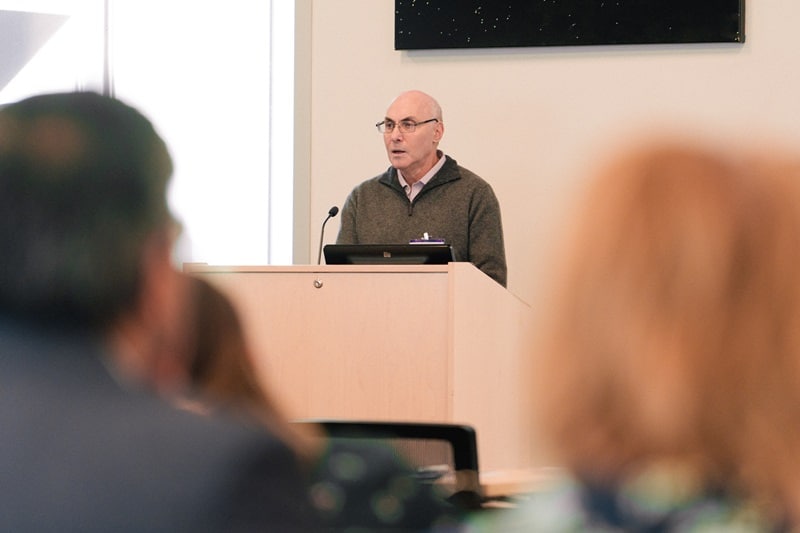
Nobel Laureate, Drew Weissman, MD, PhD, University of Pennsylvania
Next up was Fred Van Goor, PhD, Vertex Pharmaceuticals, who spoke of their collaborations with Moderna to bring their investigational mRNA therapy to people with CF in the final 10% of the CF community who do not benefit from CFTR modulators through their ongoing BEACON-CF Study.
Scientific updates and data presented during this session by John Lueck, PhD, University of Rochester, School of Medicine and Dentistry, and Zoya Ignatova, PhD, University of Hamburg, reflect the emergence of cutting-edge trends in the RNA field with a focus on tRNA. Dr. Lueck showed that one anticodon-engineered transfer RNAs (Ace-tRNA) is most effective in treating 75% of people with nonsense mutations which may open up the potential for umbrella trials. Dr. Ignatova presented novel data on modified sequence-optimized transfer RNAs (tRNAs) with high efficacy, no immunogenicity, and high in-cell stability — meaning they have the potential to be effective, safe, and durable as a therapeutic approach. The benefit of tRNAs is significant as they have greater stability compared to mRNA and are smaller in size, leading to easier packaging within lipid nanoparticles (LNPs).
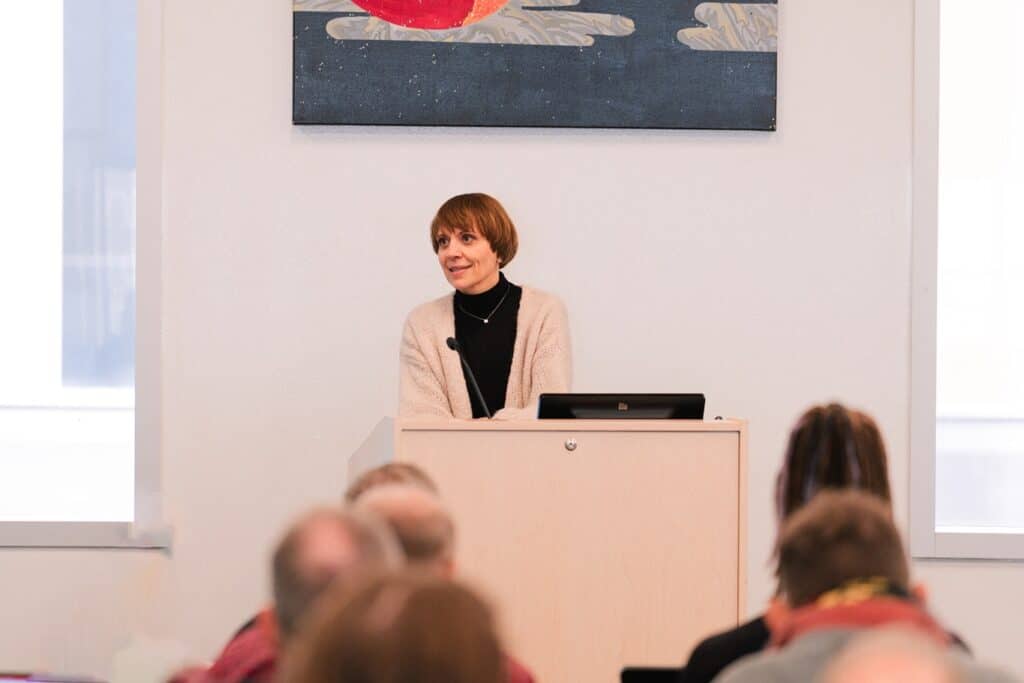
Zoya Ignatova, PhD, University of Hamburg
Session 3: The Holy Grail – Successful Delivery to the Lungs
While delivery to the lung remains the holy grail, talks in this session addressed the nuanced challenges and opportunities within the delivery space for both viral and non viral delivery mechanisms. Delivery refers to actually getting a compound to the desired part of the body. There are a variety of different approaches and formulations to achieve this, including lipid nanoparticles, viral vectors, and extracellular vesicles. The lung remains one of several final frontiers for effective drug delivery and needs an all-hands-on-deck approach for both viral and non viral delivery mechanisms.
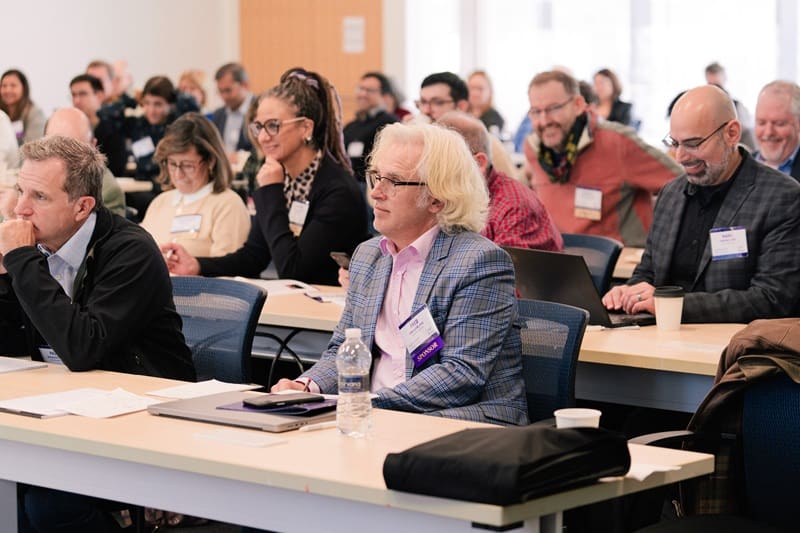
Debadyuti (Rana) Ghosh, PhD, University of Texas at Austin, and Alexandra S. Piotrowski-Daspit, PhD, University of Michigan, are both current EE grantees and spoke about the technologies they are developing to achieve successful delivery to the lungs, namely novel lipid nanoparticle compositions. Marc Abrams, PhD, Carbon Biosciences, followed with a presentation on developing naturally occuring liver de-targeted parvovirus vectors, such as CBN-1100, which does not preferentially go to the liver as many vectors do.
Session 4: Gene Therapy and Gene Editing for Rare Genetic Diseases
Gene therapy took center stage in this session with scientists from all over the world presenting groundbreaking discoveries using gene therapy and gene editing to find cures for genetic disorders. Marianne Carlon, PhD, KU Leuven, and Greg Newby, PhD, John Hopkins University, spoke of their work using gene editing technologies to address CF and other genetic disorders. Ahad Rahim, PhD, University College London, spoke about his unique partnership with a university to advance treatment of Niemann-Pick Type C disease, a development model with applicability for other ultra rare diseases. Finally, Smriti Pandey, Harvard University, and Anna Cereseto, PhD, University of Trento, gave an overview of the advances in CRISPR (short for “clustered regularly interspaced short palindromic repeats”) — a type of gene editing technology that research scientists use to selectively modify the DNA of living organisms — and other gene editing approaches point to new possibilities for treating these genetic disorders.
Plenary Speaker – Jeff Marrazzo: The Future of Gene Therapy
The dinner on Day 1 kicked off with a keynote address by Jeff Marrazzo, Co-Founder and Former Founding CEO, Spark Therapeutics, Inc. His talk set the tone for the event as he delved into a wide array of topics, from the challenges of gene-based therapy, to his vision for the future of gene-based therapy while emphasizing the role of interdisciplinary collaboration in solving complex challenges of gene delivery.
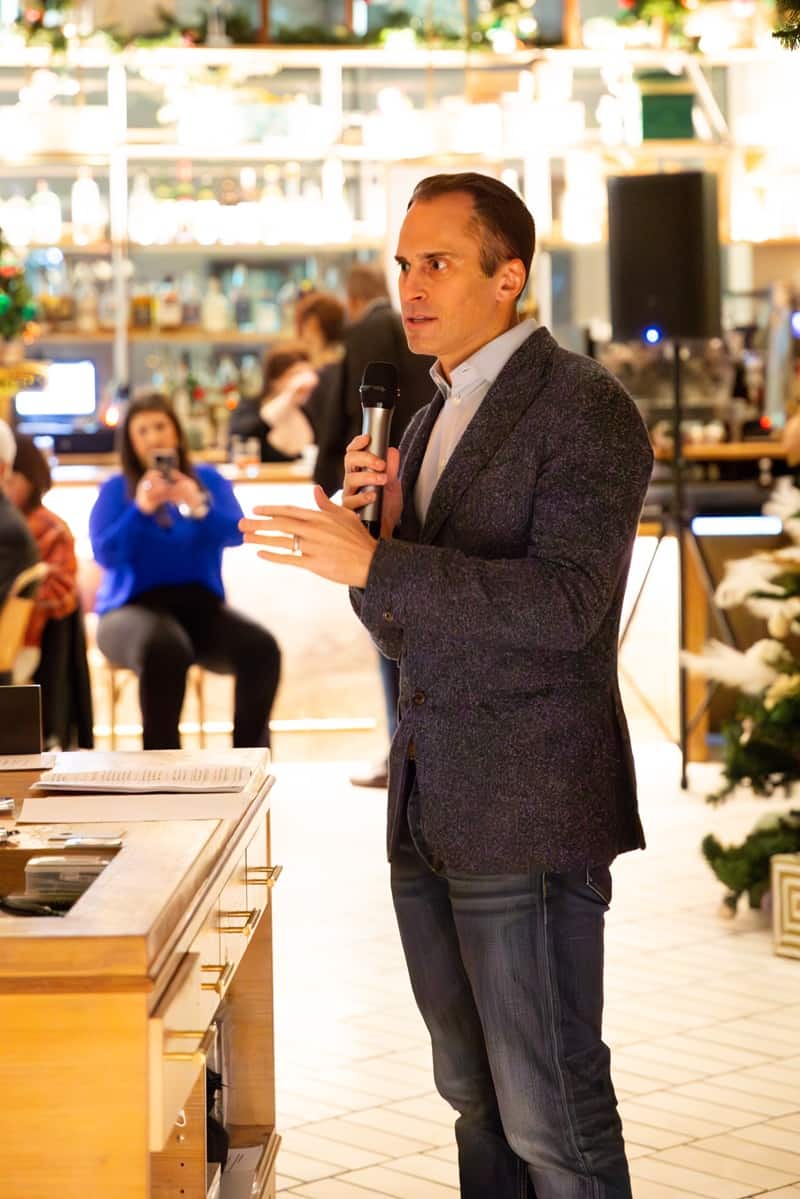
Jeff Marrazzo, Co-Founder and Former Founding CEO, Spark Therapeutics, Inc.
Session 5: Medical Breakthroughs and Therapeutic Innovations in CF and Beyond
This session showcased remarkable strides made in medical research, unveiling breakthroughs in disease treatment and prevention for indications like heart disease. Marcus Noyes, MD, NYU Grossman School of Medicine, covered advancements in the use of artificial intelligence to identify transcription factors for epigenetic editing.
Next, Matthew Porteus, MD, PhD, Stanford University, presented on novel interventions for CF sinus disease that could revolutionize healthcare and improve patient outcomes. Kiran Musunuru, MD, PhD, University of Pennsylvania, gave an update on Verve Therapeutics’ Phase 1 proof of concept clinical trial in people with heterozygous familial hypercholesterolemia. The initial readouts showed a promising safety and tolerability profile, which was encouraging in terms of how gene editing is starting to advance through clinical development. He also touched on rare pediatric genetic disorders that might benefit from trials starting in a pediatric population first before disease gets severe rather than in an adult population, which is where trials usually start. The same approach could be advantageous in CF as well as children with CF tend to have healthier lungs that could be preserved by new therapies before damage even begins.
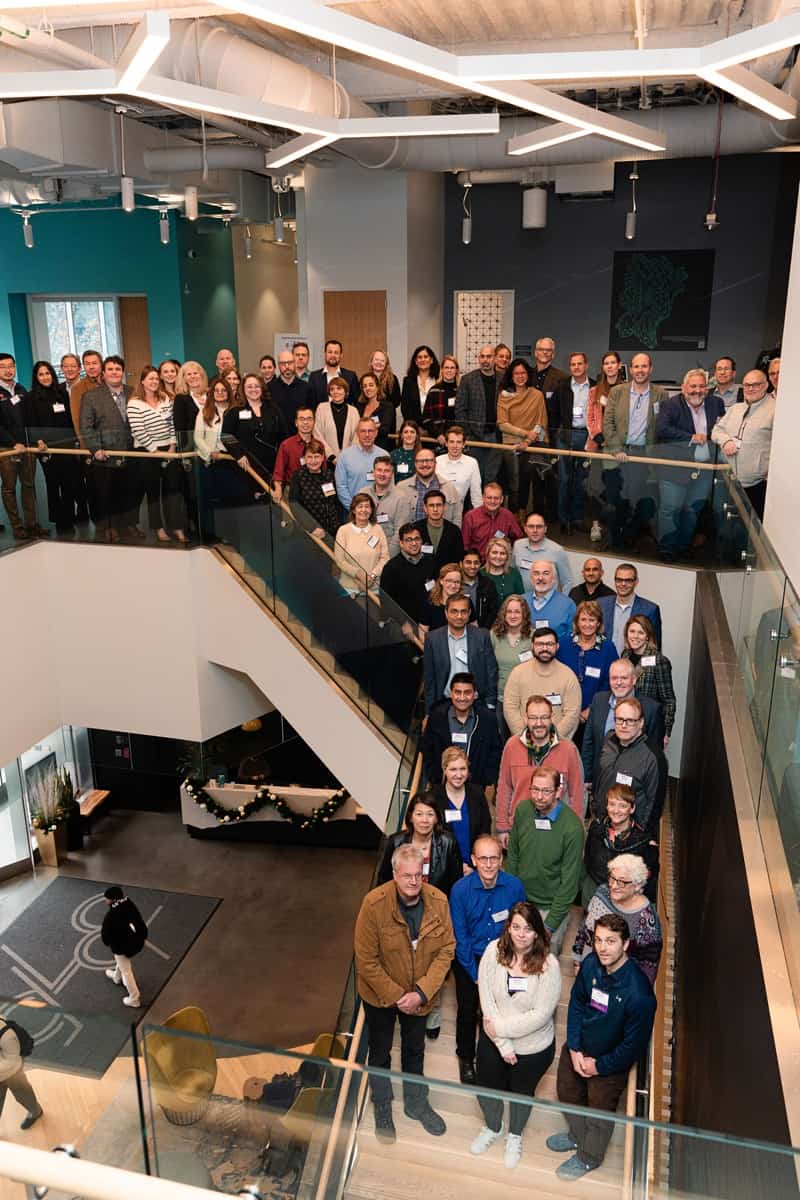
Sessions 6 and 7: Roundtable Discussions — Rare Gene Therapies Perspectives to Speed CF Therapeutic Development and CF Gene Therapy Clinical Trials Challenges
The last two sessions of the symposium, sessions 6 and 7, were interactive roundtable discussions on topics that are of interest to scientists, industry representatives, and most importantly, the FDA. The exchange of ideas between participants from different disciplines contributed to lively discussions on developing and progressing gene-based therapies for the treatment of CF. While recognizing the successes, the discussion also did not shy away from addressing the challenges that still lie ahead in the path towards bringing gene-based therapies to people with CF. Discussions included strategies to overcome delivery hurdles, optimize treatment regimens, and ensure long-term safety.
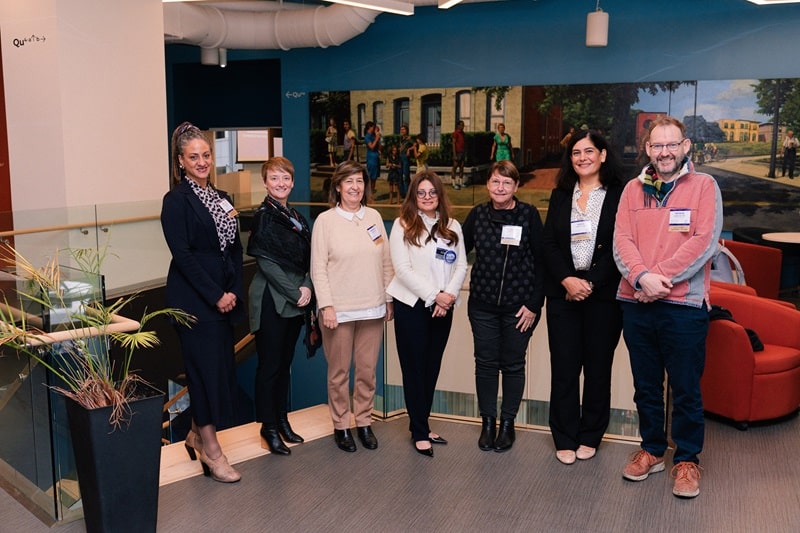
EE Advisory Board
Prateek Shukla, MD, U.S. FDA, discussed the need for more forums to share knowledge and developments at the preclinical research stage as well as in later stage clinical development to expedite the advancement of gene-based therapies for CF and other genetic diseases. Furthermore, the biotech company representatives in attendance discussed enrollment challenges for CF clinical trials, which will only get more difficult with multiple gene-based therapies already in or planning to enter clinics in the upcoming years. The role of real-world data, natural history data, and placebo controlled trials was also discussed with important input from clinical trial sponsors who were previously involved in the clinical development of Duchenne muscular dystrophy (DMD) drugs.
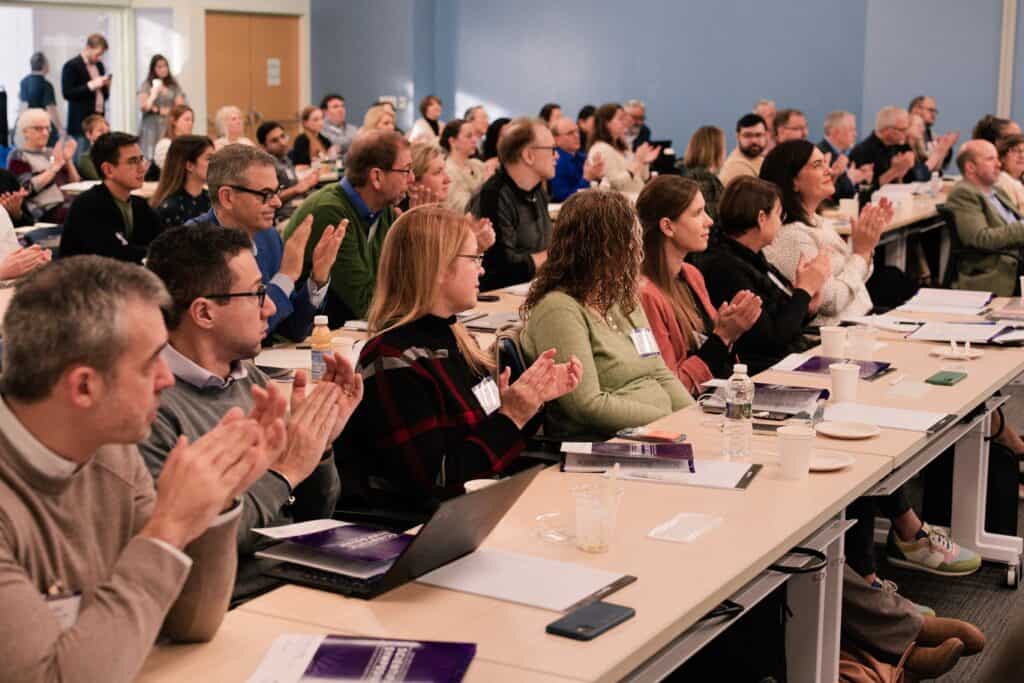
The representatives from the DMD space went on to share real-world examples of how physicians and biotechnology companies can come together to address challenges that are faced by people with rare diseases. Ilan Ganot, MBA, Solid Biosciences, spoke of the collaborative approach companies in the muscular dystrophy space took to speed the development of drugs for DMD.
The collaborative spirit of the roundtable discussions fueled a commitment to tackling these challenges head-on, fostering a sense of collective determination among attendees and meaningful collaboration and open discussions between sponsors.
***
The symposium demonstrated the tremendous progress in the development of gene-based therapies in recent years, which is a beacon of hope for everyone in the CF community – and especially those in the final 10% that do not benefit from existing mutation-targeted therapies and are still desperately waiting for treatment options. The pioneering work shared at the symposium also has the potential to scale far beyond CF to the thousands of genetic diseases worldwide.
We are grateful to our symposium chairs, EE Scientific Advisory Board Members, Patrick Harrison, PhD, Maria Limberis, PhD, and Batsheva Kerem, PhD, whose leadership made the symposium such a success. We also want to express our thanks to our sponsors, including Presenting, Dream Team, and Violet-Level sponsors, Viatris, 4D Molecular Therapeutics, Vertex Pharmaceuticals, Inc., ReCode Therapeutics, Boomer Esiason Foundation, whose support enabled us to have this forum to learn, collaborate, and plow forward. The EE team was thrilled to have this opportunity to convene world-class leaders at our symposium to collaboratively chart an expeditious path to a future where 100% of the CF community has lifesaving therapies with nobody left behind.
Footnotes
